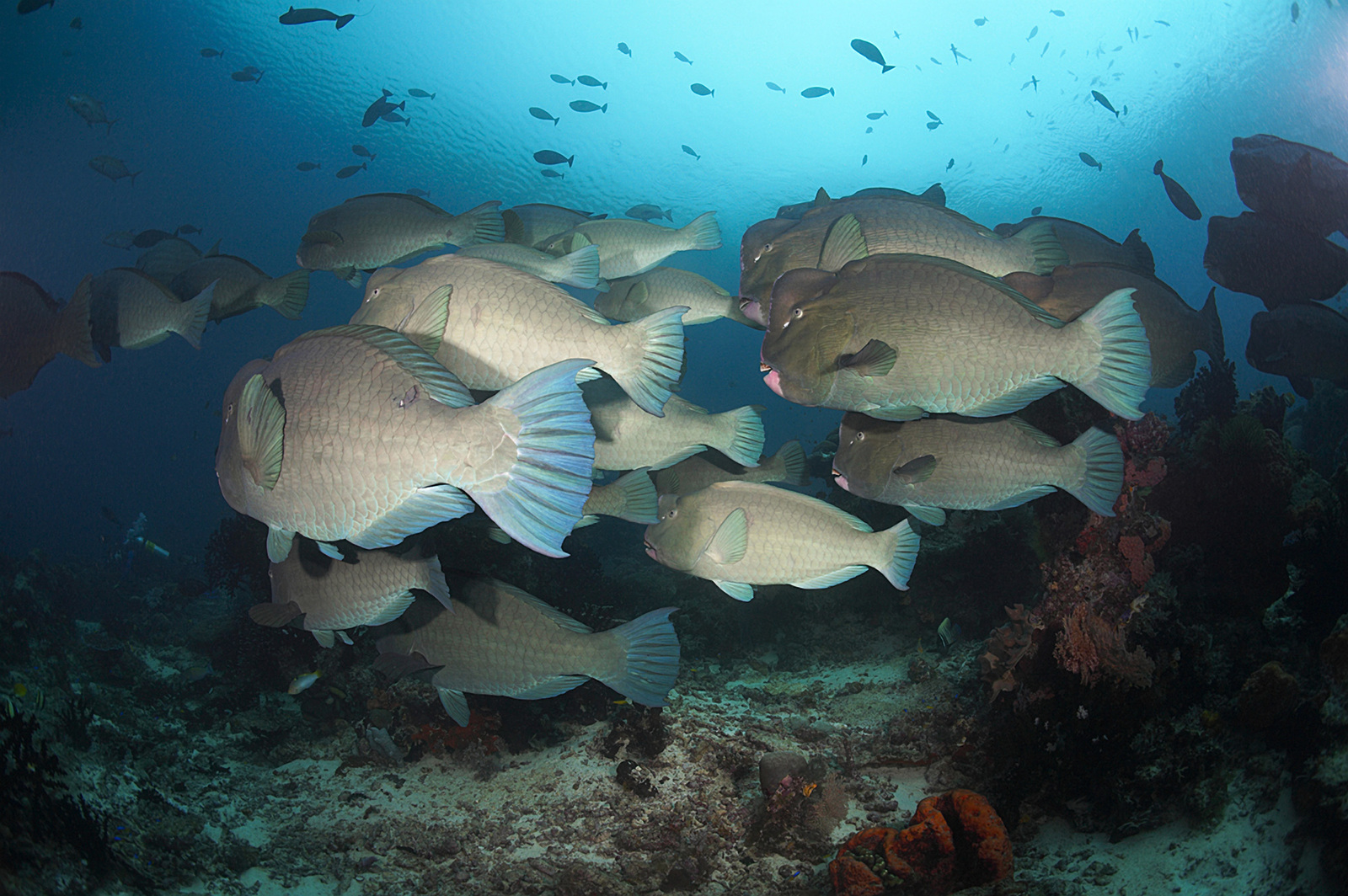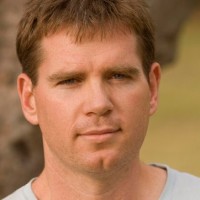Teams Like This
Land-based activities, like farming and logging, can have harmful impacts on marine ecosystems. However, the links that connect land use and marine ecosystems are poorly understood because of a lack of data and models. This becomes an increasingly important issue as land along the world’s coasts become more populated and developed, and the pressure on fisheries and marine resources increases.
OUR APPROACH: This team developed a tool that helps determine the impact of runoff from land use changes on coastal water quality. Additionally, they looked at the effect of logging on juvenile coral reef fisheries production. These results advance our understanding of land-use impacts on fisheries, allowing conservation groups to better protect both fisheries and the local livelihoods that depend upon them.

Modeling Land Use Change Impacts on Coastal Water Quality
Most models that link ocean pollution to land-based sources require extensive datasets, which are often unavailable for coral reef regions. In response, the team developed a model that uses freely available satellite data to estimate the influence of multiple water catchments on coastal water quality. The results of this model have informed the design of the Bua Province Integrated Coastal Management Plan for the next 5 to 10 years.
Logging Degrades Bumphead Parrotfish Nursery Habitat
To focus on a clear, tangible connection between land use and marine conservation efforts, the team studied the effect of logging operations on bumphead parrotfish nursery habitat in the Solomon Islands, and found that areas near logging ponds had 24 times fewer juvenile parrotfish than control sites. The Nature Conservancy and local communities used this evidence to stop an illegal logging operation in the Solomon Islands and to demonstrate the impact of logging on local food security. Looking forward, this analysis gives traction to conservation programs aimed at protecting forests adjacent to reef fish nursery grounds.

“If you are interested in preserving your fisheries, you have to use good, sustainable land practices.”
– Richard Hamilton, Team Member
This paper in Biological Conservation details the results of a study the team conducted in fringing coastal reefs that show that there are about 24 times fewer juvenile parrotfish in ponds near logging operations, compared to farther operations.
This short film was based on the research from this SNAPP team and was created as part of an animation project designed to communicate the impacts of land-based activities on aquatic ecosystems.
In this study published in Biological Conservation, the team predicted the response of coral and seagrass ecosystems to different land-use scenarios and intensities in which palm oil is expanded.
Land-sea interactions are dynamic, and therefore difficult to incorporate into coastal planning. This paper includes guidelines for cost effectively building planning tools that include appropriate models.
University of Queensland
Griffith University
The Nature Conservancy
University of California, Santa Barbara
WCS / University of Queensland
National Center for Ecological Analysis and Synthesis (NCEAS), University of California, Santa Barbara
University of Queensland
Wildlife Conservation Society
The Nature Conservancy; Stanford University
University of Hawai’i
Wildlife Conservation Society
Australian Institute of Marine Science
University of Queensland
Conservation International
University of Queensland
University of Melbourne
University of Queensland
The Nature Conservancy
Talanoa Consulting Fiji
University of Queensland
Wildlife Conservation Society
Griffith University
University of Queensland